Inpatient Mental Health Treatment
EMDR
CBT
Medication Management
DBT
Motivational Interviewing
24/7 Supervision
Treatments & Services at Residential Mental Health Treatment
Services & Treatment
- Inpatient Residential Treatment
- Medication Management
Conditions We Treat
- Depression
- Anxiety Disorders
- Mood Disorders
- Eating Disorders
- Suicidal Ideation
- and More
Therapies
- Cognitive Behavioral Therapy (CBT)
- Dialectical Behavior Therapy (DBT)
- Motivational Interviewing
Therapies
- Cognitive Behavioral Therapy (CBT)
- Dialectical Behavior Therapy (DBT)
- EMDR
- Motivational Interviewing
Conditions We Treat
- Depression
- Anxiety Disorders
- Mood Disorders
- Eating Disorders
- Suicidal Ideation
- and More
Services & Treatment
- Inpatient Residential Treatment
- Medication Management
Safe & Comfortable
Residential Mental Health Treatment
Individuals grappling with serious mental illnesses (SMIs) can benefit from inpatient mental health treatment, an immersive and structured therapy approach provided within a residential setting. Of the 57 million U.S. adults contending with mental health disorders, over 14 million are diagnosed with SMIs.
For those requiring intensive care, residing in a mental health residential facility offers access to evidence-based therapies, medication management, holistic interventions, and a dedicated team of experienced mental health professionals.
Explore this comprehensive guide to mental health residential treatment in California, understanding what to anticipate and how to locate suitable inpatient mental health facilities across the state and at Renaissance Recovery.

Understanding Residential Mental Health Facilities
Inpatient mental health facilities, also known as residential mental health facilities, are specialized centers designed to address serious mental health disorders in a supportive and structured environment. These facilities provide a safe and inclusive space for individuals to undergo intensive mental health treatment without external distractions.
Residents typically stay for a month or more, benefiting from a team of therapists, psychiatrists, psychologists, and support staff. Once admitted, the dedicated clinical staff will create treatment plans that are customized to address the unique needs of each individual.
Objectives of Inpatient Mental Health Treatment:
- Alleviate symptoms
- Restore daily functioning
- Improve overall well-being
This holistic approach combines behavioral therapies, motivational treatments, medications, and holistic interventions to promote comprehensive healing.

Individualized Treatment
Family-Like Environment
Comfortable & Safe Accommodations
Inside Our Facility
Connections’ accommodations provide a comfortable, family-like environment.
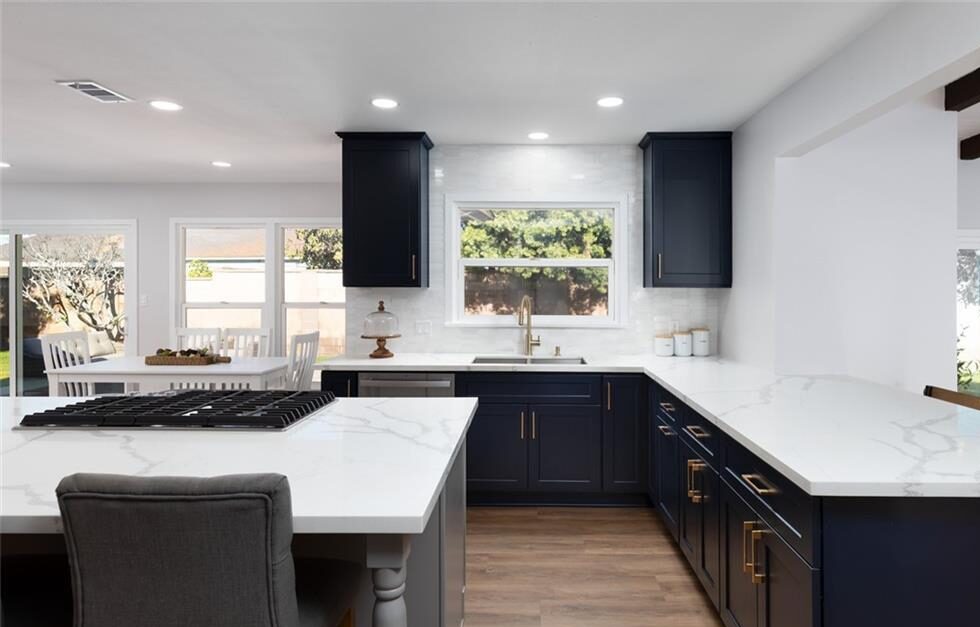
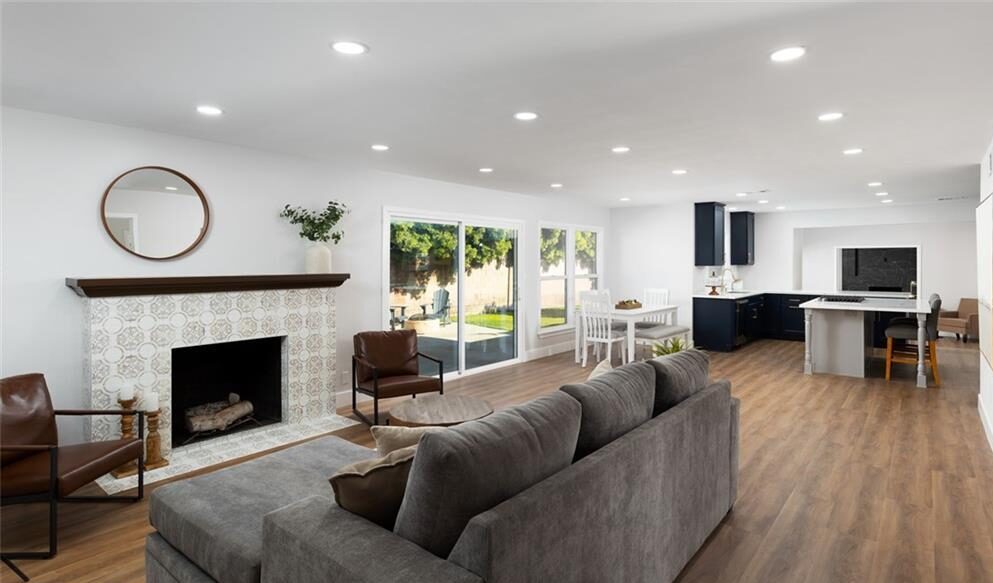
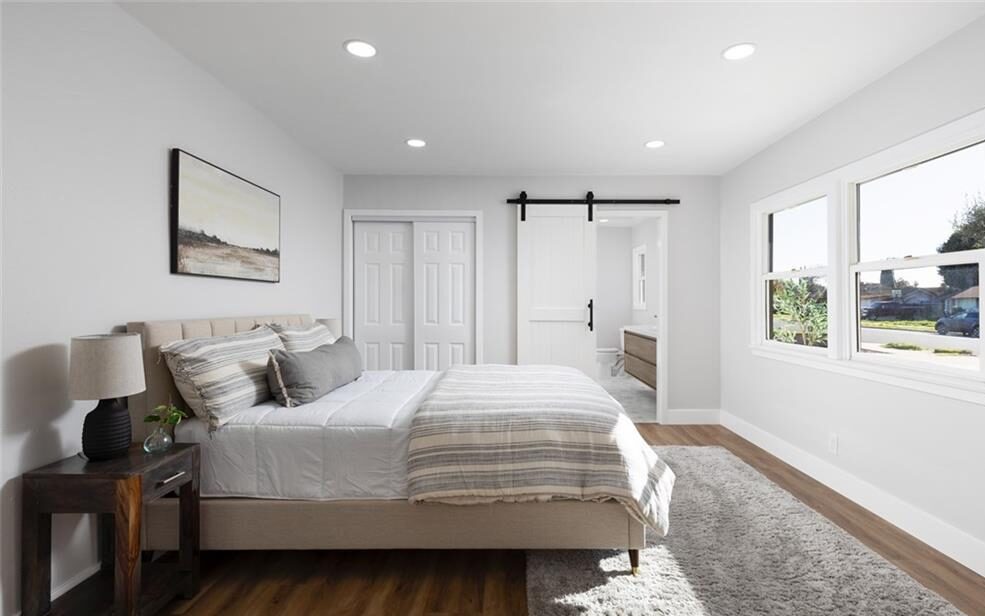
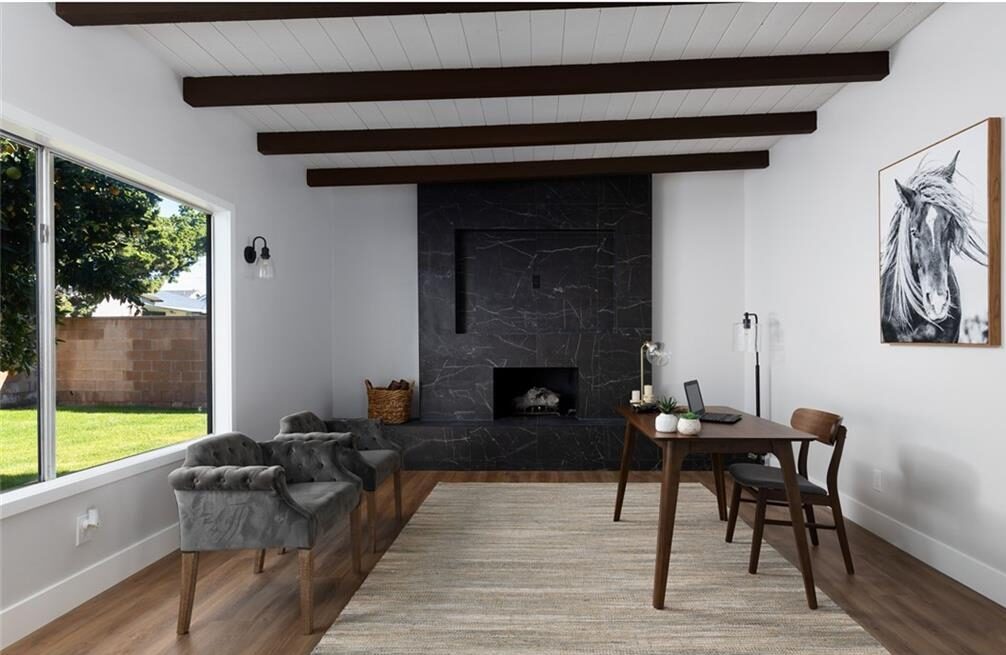
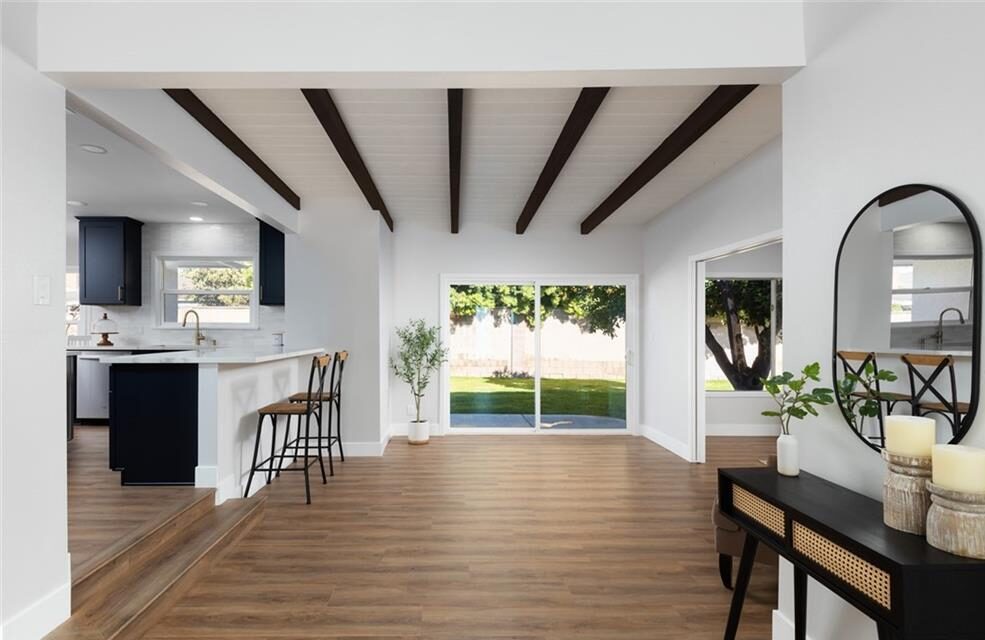
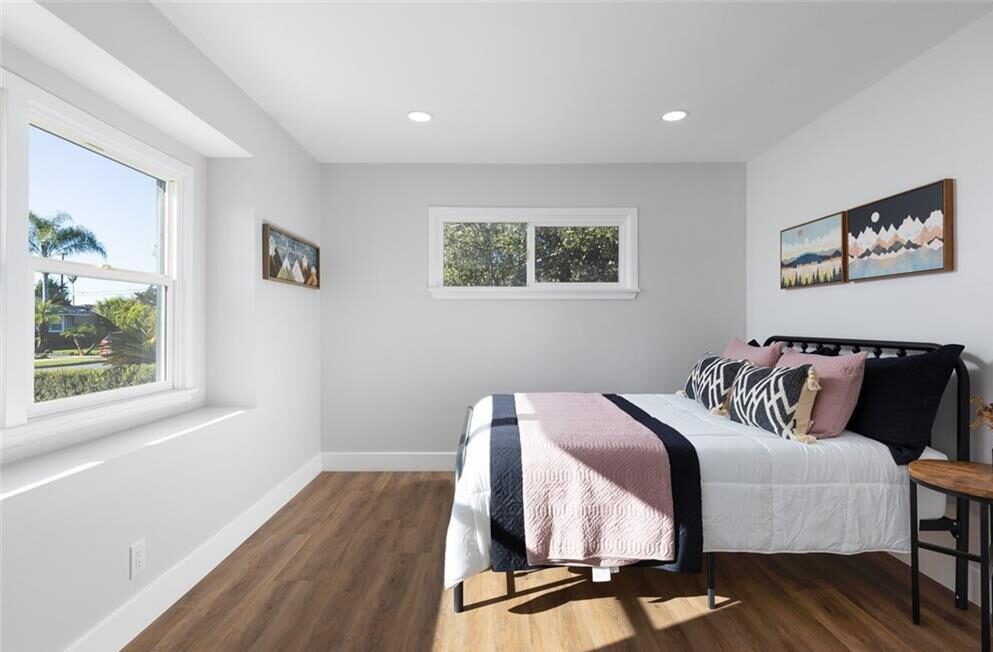
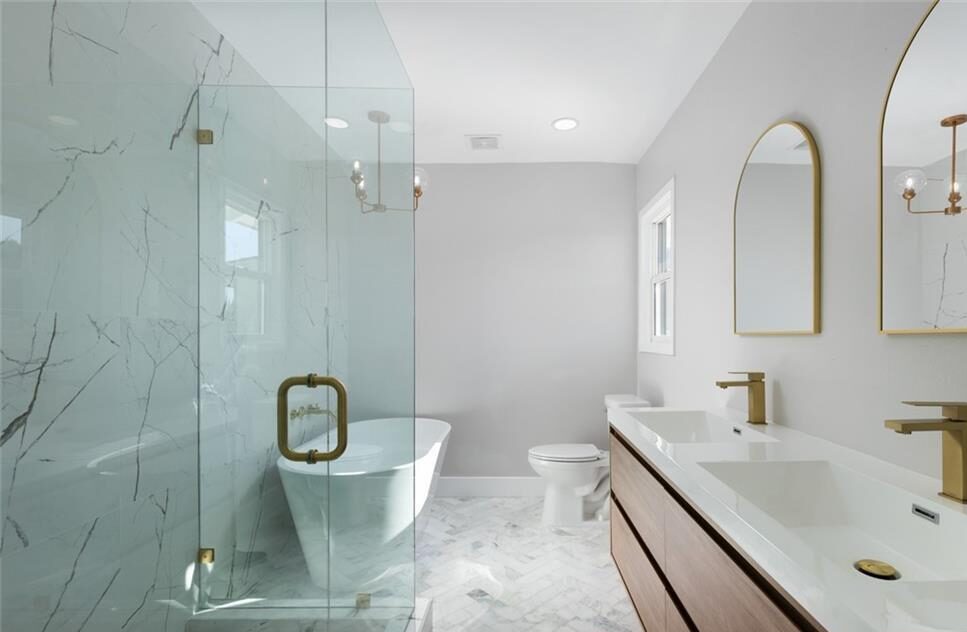
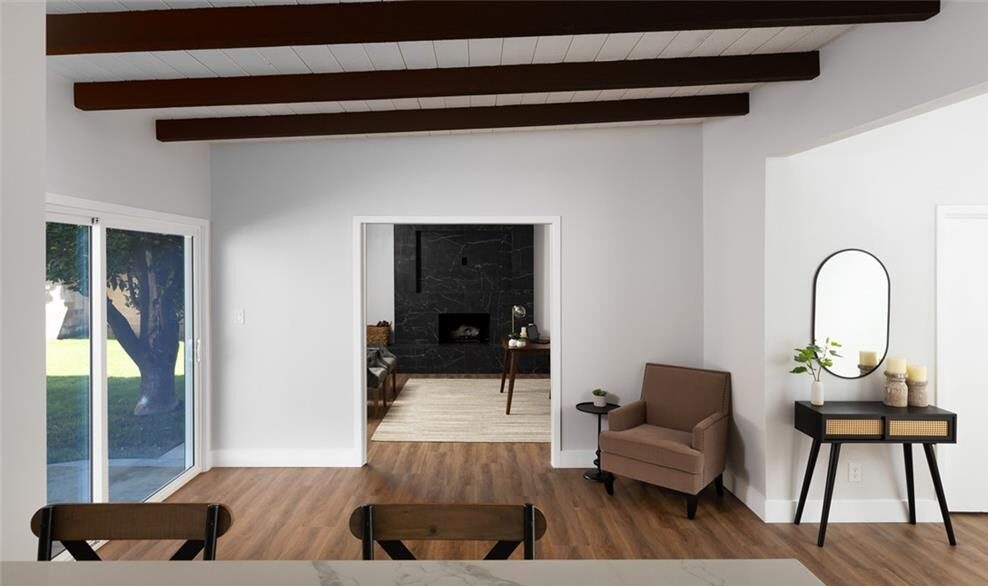
What to Expect at Residential Mental Health Facilities
Embarking on inpatient mental health care is a significant step towards long-term recovery. Understanding the process can alleviate uncertainties and any anxiety you may have about beginning treatment.
An experience attending an inpatient mental health centers will typically include:
Welcoming Setting: Inpatient facilities provide a calm, supportive environment upon arrival, allowing residents to focus on recovery without external stressors.
Personalized Treatment Plans: A comprehensive assessment shapes personalized treatment plans, incorporating individual and group therapy, medication management, and holistic activities.
One-on-One and Group Therapy: Both individual and group therapy sessions contribute to the treatment process, fostering community support and private exploration of personal issues.
Structured Routine: Inpatient facilities adhere to a structured routine, fostering stability and a sense of normalcy vital for mental well-being.
Supportive Community: The supportive community within inpatient care offers comfort and understanding from others facing similar challenges.

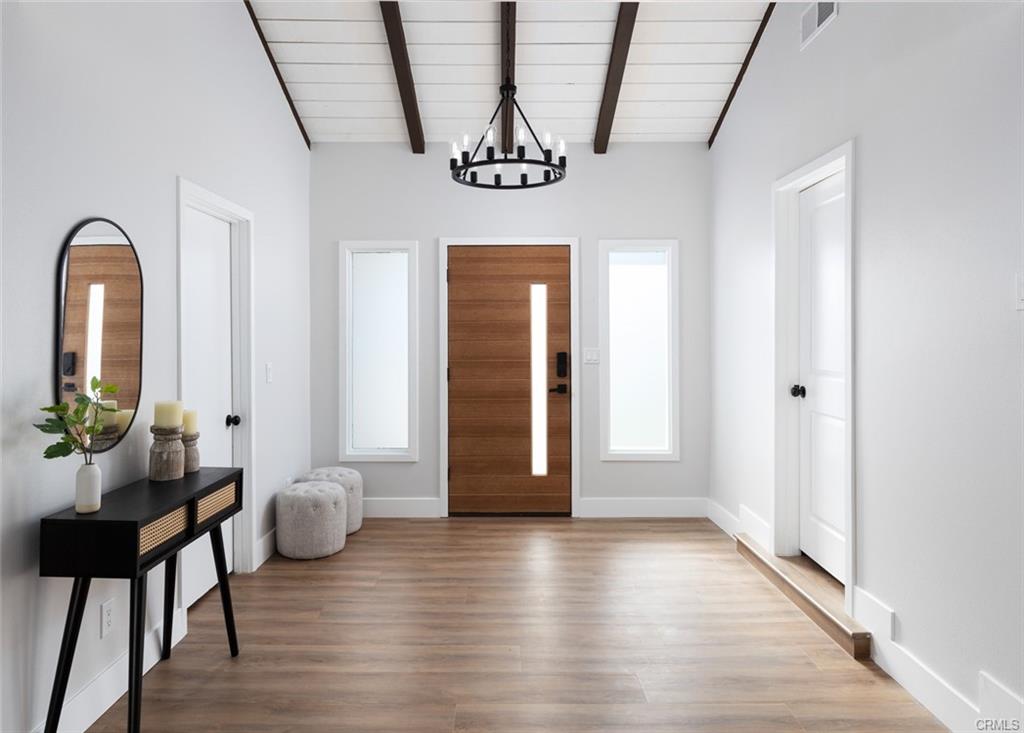
Duration of Inpatient Mental Health Stay
The length of an inpatient mental health stay varies based on individual circumstances and mental health challenges. While shorter stays focus on crisis stabilization, longer stays are essential for complex conditions. Continuous assessment guides decisions on the length of stay, however, most residential mental health centers treat an individual for the duration of a few days to a few weeks before the patient is stabilized and ready to discharge.
Benefits of Inpatient Mental Health Care
Inpatient care offers around-the-clock access to mental health professionals, a safe and structured setting, intensive treatment, medication management, peer support, coping skill development, customized treatment plans, prevention of self-harm, and a foundation for sustained recovery.
Especially for those grappling with severe mental health challenges, this kind of intensive care can be extremely important in helping to stabilize, treat, and rehabilitate someone going through a mental health crisis.
Start Healing Today.
Start Healing Today.

Choosing the Right Inpatient Mental Health Facility in California
Selecting the best inpatient mental health facility in California involves considering factors such as accreditation, customized treatment plans, qualified staff, therapy offerings, family involvement, aftercare planning, environment, reviews, insurance, and location.
Call our friendly team today to learn more about Renaissance Recovery’s inpatient mental health center in Huntington Beach, CA, specializing in treating mental health conditions and addictions through intensive outpatient services. Renaissance Recovery can help connect individuals with appropriate residential mental health facilities in California, ensuring a path towards improved mental health. Contact Renaissance Recovery when you’re ready to embark on a life free from the constraints of mental health challenges.






